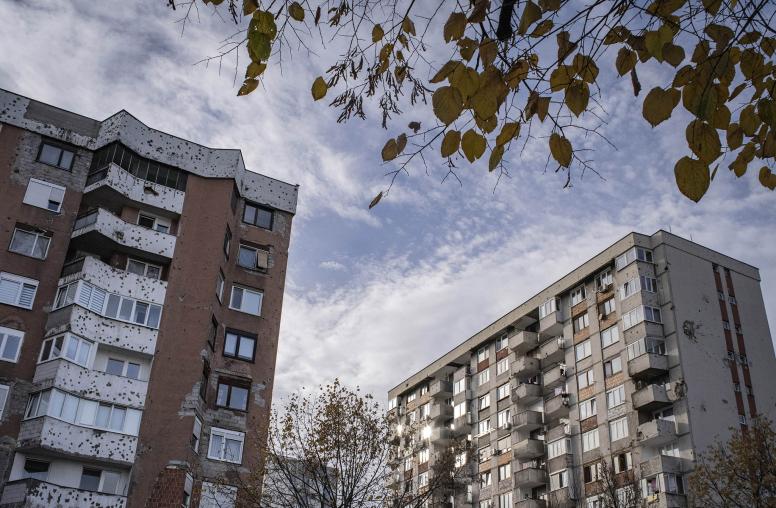The Future of U.N. Peace Operations
A Discussion with the Secretary General's High-Level Panel
Read the Event CoverageU.N. Secretary-General Ban Ki-moon created the High-level Independent Panel on U.N. Peace Operations on October 31, 2014, to undertake a comprehensive review of peace operations. On March 10 the U.S. Institute of Peace held a discussion with a delegation from the U.N. panel co-hosted with the U.S. Department of State’s Bureau of International Organization Affairs and the Better World Campaign.

The independent panel was charged with reviewing the broad range of issues, including the changing nature of peacekeeping environments, evolving mandates, good offices and peacebuilding challenges, managerial and administrative reforms, planning, partnerships, human rights, and protection of civilians. Continue the conversation on Twitter with #FuturePeaceOps, @BetterWorldOrg, @State_IO, and @USIP.
Speakers
Mr. Antony Blinken, Keynote Address
Deputy Secretary of State
Mr. Jose Ramos-Horta, Remarks
Former President of Timor-Leste
Ambassador William Taylor, Welcoming Remarks
Acting Executive Vice President, USIP
Ambassador George Moose, Panel Introductory Remarks
Vice Chair, USIP Board of Directors
Ms. Sheba Crocker, Introductory Remarks
Assistant Secretary of State
Mr. Peter Yeo, Closing Remarks
Vice President of Public Policy, U.N. Foundation
President of the Better World Campaign
Other members of the High Panel participated in the Q&A session. Complete agenda.



